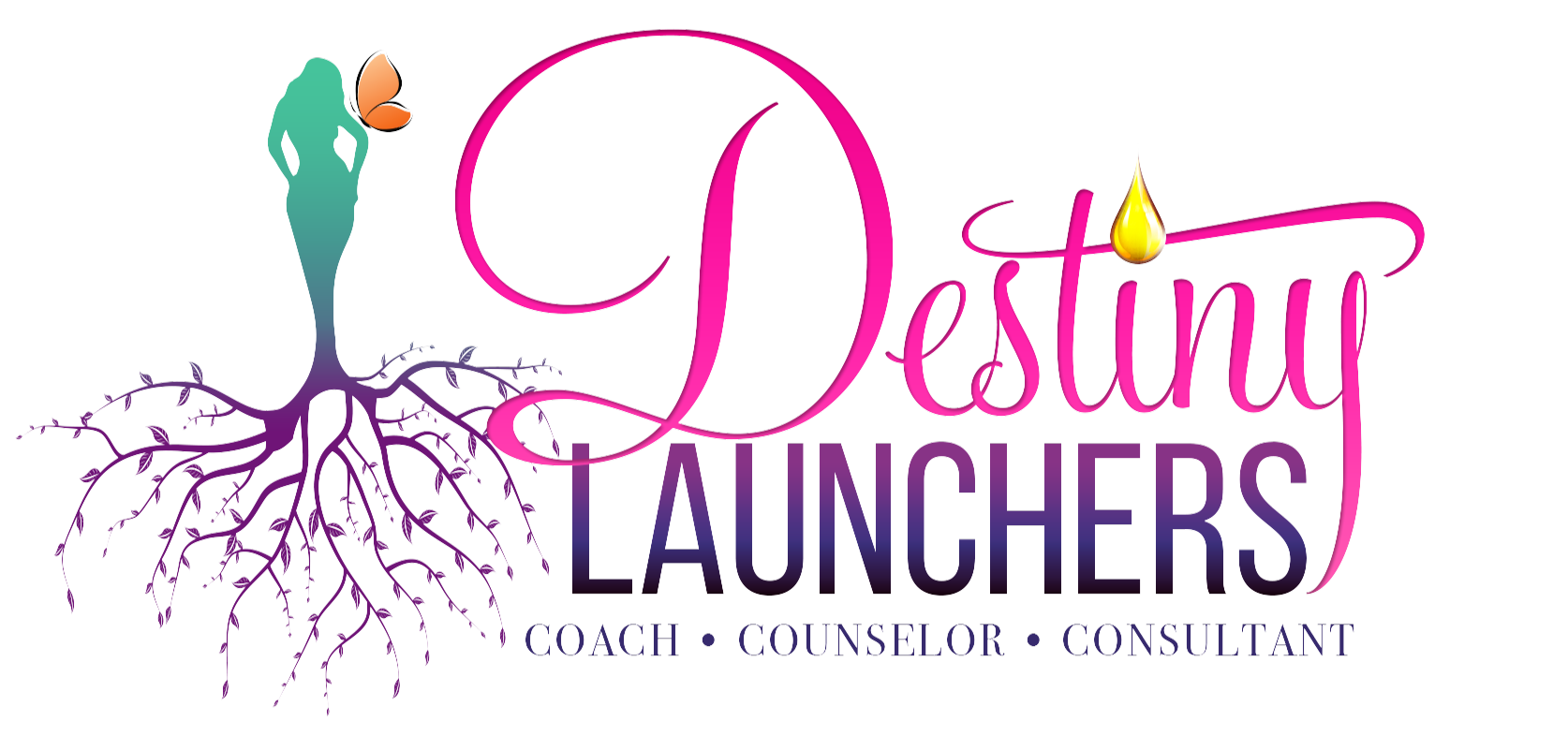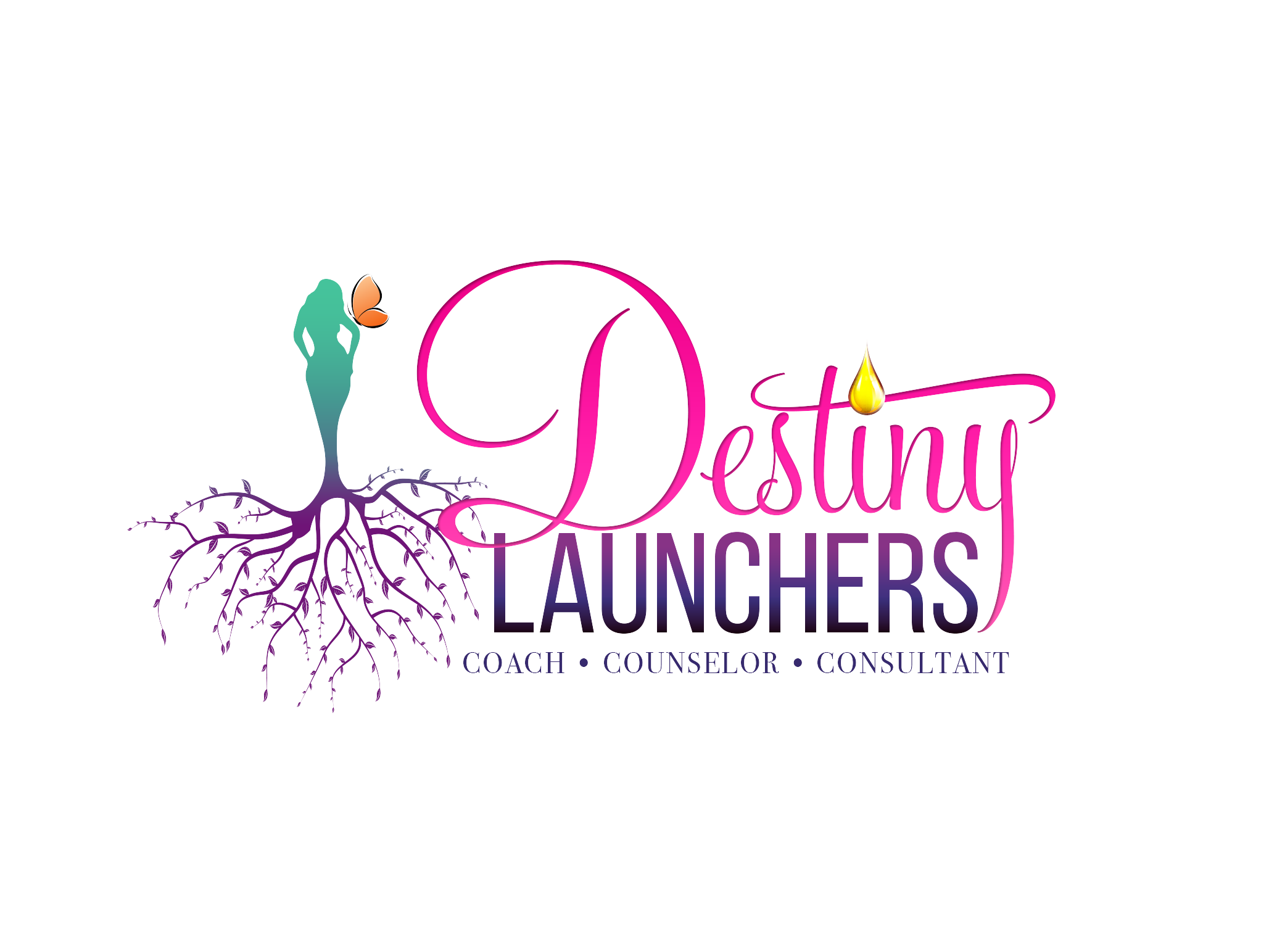Hello, I’m Cynthia
I am a passionate, innovative psychotherapist. It will be my privilege to walk with you (individuals, families, and couples) on your journey when life becomes difficult. Sometimes we encounter challenges that may be overwhelming, and extremely painful to bare alone such as depression, anxiety, loss, grief, or abandonment. At other times, things may be well, but we could still benefit from having that advocate who cares and can listen, grasp a problem, assess the issues, and assist you with a plan to move forward with your life.
My goal is to provide you hope and transformative insights, which can include some holistic and integrative approaches. Additionally, I have the scientifically proven skills and strategies that will assist you in reaching your goals. I am passionate about people, relationships, and family wellness.
Begin today to obtain an enriching transformational experience that focus on promoting healthy body, mind, soul, and spirit. Therapy fosters self-awareness, personal development, plus creates stronger effective relationships. By providing a transformational approach, you can build a happier life for a better tomorrow. I look forward to hearing from you.

Expertise & Specialties
Expertise
- Anger Management
- Anxiety
- Behavioral Issues
- Career Counseling
- Child
- Coping Skills
- Depression
- Divorce
- Domestic Abuse
- Drug Abuse
- Family Conflict
- Infidelity
- Life Coaching
- Life Transitions
- Marital and Premarital
- Men’s Issues
- Parenting
- School Issues
- Self Esteem
- Spirituality
- Women’s Issues
Top Specialties
- Trauma and PTSD
- Grief
- Personality Disorders


Participants
Individuals, Couples, Family
Certificate
Take a look at my certificates




Treatment Approach
Types of Therapy
TESTIMONIALS



